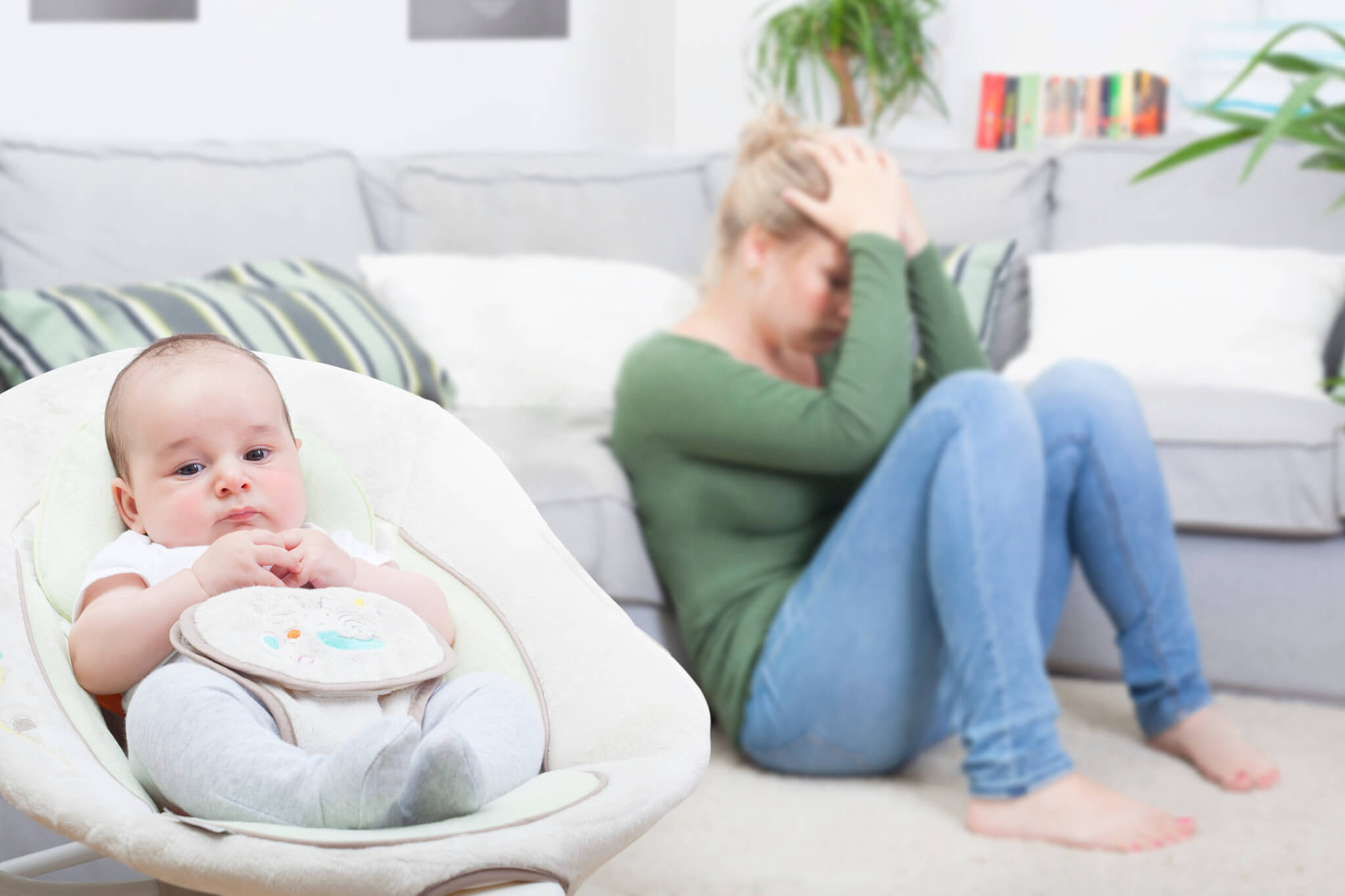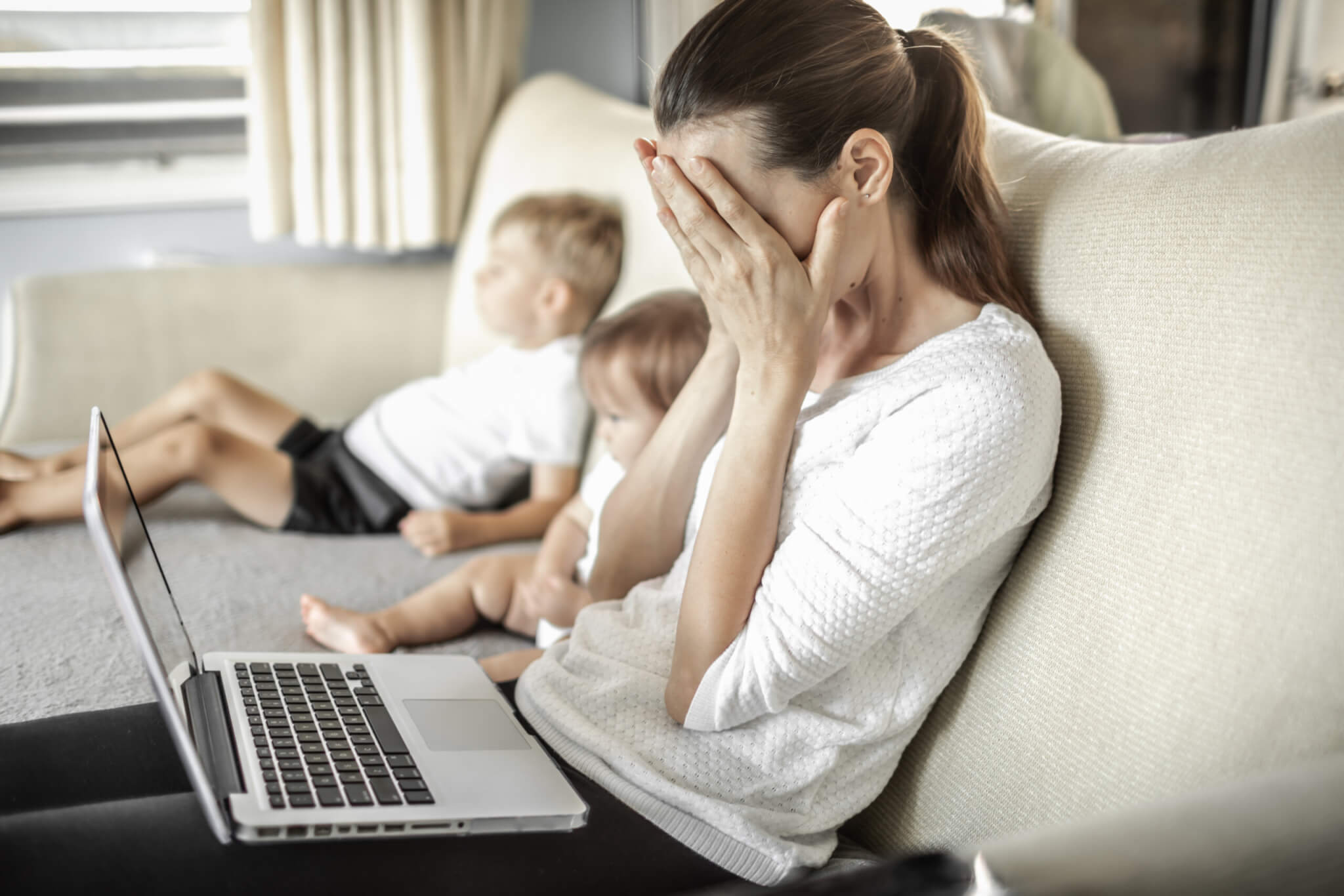LINCOLN, Neb. — Finding one’s footing as a new mother is an incredibly hard task, but a new study is revealing how social media influencers project a potentially harmful image to their followers that becoming a new mom is fun, glamorous, and effortless. For new mothers attempting to navigate the actual challenges of parenthood, these posts can have a detrimental effect on mental health and well-being.
The research by a team at the University of Nebraska-Lincoln is just the latest compelling piece of evidence to suggest what we see on social media is far removed from real life.
Ciera Kirkpatrick, an assistant professor in the College of Journalism and Mass Communications at UNL, adds that certain mothers are likely more vulnerable to the pitfalls of social media than others. Prof. Kirkpatrick focuses on studying how messaging in the media influences peoples’ mental and physical health. As a new mom herself, she recently decided to start investigating social media influencers and the effects they may have on their peers. This led to the discovery of evidence indicating exposure to idealized portrayals of motherhood (clean house, happy kids, photo-ready hair, and makeup) leads to an uptick in anxiety and envy among new mothers.
In this latest report, Prof. Kirkpatrick built upon those earlier findings. She analyzed whether or not certain personality traits may make some people more susceptible to the negative effects of idealized portrayals of motherhood, uncovering along the way that those with a higher social comparison orientation (a tendency to compare themselves to other people) tended to be more negatively affected by the idealized portrayals than others showing a lower social comparison orientation.
More specifically, moms displaying higher social comparison orientation had a higher chance of exhibiting a lower perceived parenting competence when exposed to idealized portrayals of motherhood. In other words, seeing such posts on social media led to these mothers feeling less confident about their own parenting abilities.
“We all have this tendency to compare, but some of us are more inclined to compare than others,” Prof. Kirkpatrick says in a media release. “If we know how these posts are affecting mothers and that they are more detrimental to certain moms, then that helps us, from a strategic health communications or health professional standpoint.”

To conduct this research, the study authors gathered 20 Instagram posts, with half being non-idealized and the other half showing idealized portrayals of motherhood. Those posts were just one aspect of a survey encompassing 464 new moms. That poll featured questions measuring social comparison orientation, self-esteem, perceived parental competence, life satisfaction, and other factors.
Prof. Kirkpatrick also hypothesized that self-esteem may play a key role in the effects of idealized posts. However, the findings actually did not show a significant difference between moms with low or high self-esteem.
Considering short-form video platforms like TikTok and Reels have exploded in popularity recently, Prof. Kirkpatrick plans to deploy similar experiments with idealized and non-idealized motherhood videos. She notes that since beginning her research, she has been heartened to see more and more mom influencers becoming a bit more honest regarding their portrayals of parenthood.
“I think it was simpler, with a photo, to capture exactly what you want and leave out everything else,” Kirkpatrick comments. “It’s a little bit harder to make sure everything’s perfect in a video, and I’ve seen more of a push for showing realistic portrayals of motherhood as I’ve been collecting these types of posts for the next study.”
However, the study author also noticed another troubling trend she believes is worth exploring.
“In some ways, there might be things that idealization is making worse for new moms. I have lots of examples of postpartum moms showing off their ‘must-haves’ — a $1,000 bassinet or a $300 bottle washer, these really expensive things — and that likely creates pressure on moms. Or the ‘typical day’ videos that show a postpartum mom meal planning or cleaning their house every night. That just feeds into the pressure.”
This work may help health practitioners develop tools to determine which patients may be more vulnerable to social media and put interventions in place in a timely manner.
“I’d really like to, in some of the next steps of my research, take that step of testing different strategies for overcoming this or mitigating the negative effects that social media motherhood portrayals can have,” Prof. Kirkpatrick concludes. “This could provide some guidance to health care providers during prenatal visits or postpartum care to address these things.”
The study is published in the Journal of Broadcasting & Electronic Media.
